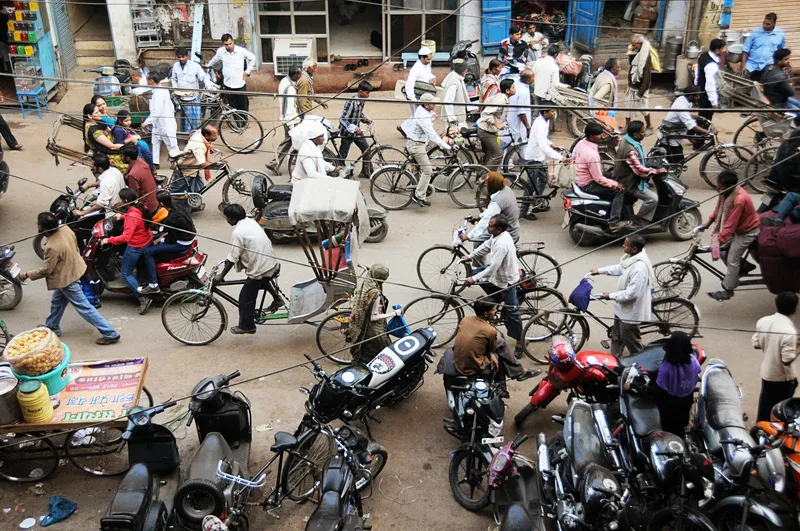
Every city has its problems moving people around: but there is no one-size-fits-all blueprint for sustainable transportation. This is just as well, since Toyota Mobility Foundation (TMF) has selected three cities which are about as different as its possible to be for its Sustainable Cities Challenge.
The trio, which will each receive $3m to solve their distinct issues, are Detroit, Michigan, US (where the challenge is to reduce fossil fuel use and costs of freight operations in the Eastern Market); Venice, Veneto, Italy (increasing the use and adoption of existing sustainable transport modes); and Varanasi, Uttar Pradesh, India (making crowded areas of this ‘spiritual capital’ safer and more accessible for religious tourists and local residents).
“This is a $9m challenge aimed at bringing cities and innovators together to address some of the most complex mobility challenges,” explains Ryan Klem, director of global programmes for TMF. “The funding will go towards implementation of innovations into those cities: how do we move them from the cities of today to the cities of tomorrow?”

There is an emphasis on practicality, turning innovative concepts into actionable solutions. TMF was established in August 2014 by Toyota Motor Corporation, and works in partnership with universities, governments, non-profits, research institutions and other organisations, creating programmes that are aligned with the UN Sustainable Development Goals to address mobility issues around the world.
Two-thirds of the population is predicted to live in urban areas by 2050. Cities consume 78% of the world’s energy and produce over 60% of the planet’s greenhouse gas emissions, which makes the need for innovative and sustainable solutions critical, TMF says.
“How do we move them from the cities of today to the cities of tomorrow?”
TMF has led a range of initiatives, including the global Mobility Unlimited Challenge, Catch in Malaysia, InoveMob Challenge in Brazil and Stamp Challenge in India.
The key is to engage local stakeholders and organisations, with a view to unlocking growth opportunities and moving towards a sustainable future, identifying mobility barriers and leveraging data-driven solutions for lasting impact.
In addition to providing the $9m in funding for the Sustainable Cities Challenge, the organisation will bring in other partners such as Challenge Works and the World Resources Institute, to help on sustainability and accessibility. “How do we really concentrate those efforts to move the needle on the challenges and initiatives we’re looking for?” Klem asks.

After 150 cities applied, the three were chosen from a shortlist of 10 worldwide, with their individual needs assessed. “It was difficult,” he adds.
“We really had three broad categories: one was how do you use data to improve decision-making and sustainability in your city? The second is how do you remove mobility barriers from some of the underserved communities? The third was really around decarbonisation of mobility, of moving people and goods. And from there we chose three of those cities – Detroit, where we really focused on clean freight; Varanasi, looking at how do you take this historically rich cultural centre with 70 million people [visiting] per year and create a better experience for them?"
"And then last, but not least, in Venice we have a lot of forms of shared transport but how do we actively get people to use it in a more proactive way? So, three amazing cities that are well-situated to work with us and welcome innovators in. And three broadly different thematic areas that really cover the gambit in terms of mobility for all.”










